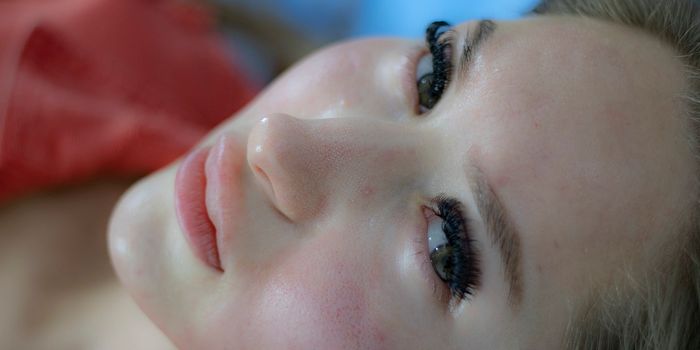Daylight Savings Time Hacks
The transition to daylight saving time (DST) can significantly disrupt sleep patterns and circadian rhythms, leading to a variety of physiological and psychological consequences. A recent study published in Cell sheds light on the impact of DST on sleep-wake behavior, particularly among young adults aged 18 to 22. This research not only examines the effects of DST but also provides valuable insights and recommendations for managing the transition effectively - especially as we approach DST.
In this study, participants wore actigraphy monitors for approximately 30 days to document their sleep and activity levels before and after the change to DST. The participants engaged in a comprehensive monitoring protocol, which included daily electronic diaries to record sleep-wake patterns, exercise, and medication usage. This robust methodology allowed researchers to gather detailed data on the effects of DST on the participants' sleep habits.
One notable finding from the study was that the transition to DST can lead to a shift in sleep timing, with potential implications for overall sleep quality and health. The research demonstrated that individuals who did not adjust their sleep schedules before the transition experienced more significant disturbances in their sleep-wake cycles. This observation underscores the importance of preemptive strategies to mitigate the adverse effects of the time change.
Dr. Rachel Ziegler, a sleep medicine physician writing for the Mayo Clinic, emphasizes the importance of managing the transition to DST in her recommendations. She suggests a gradual adjustment to the new time by going to bed 15 minutes earlier several days before the change and incrementally increasing this adjustment over a few nights. This approach allows the body to adapt to the new sleep schedule more smoothly, reducing the likelihood of sleep disturbances.
A fundamental truth needs to be highlighted: proper sleep is essential for health and well-being, regardless of the time of year. Sleep serves numerous critical functions, from cognitive performance to emotional regulation. The adverse effects of sleep disruption, particularly during periods of transition like DST, can exacerbate existing health issues or create new ones, emphasizing the need for effective management strategies.
By adopting gradual adjustments to sleep schedules, being mindful of napping practices, and maintaining consistency in sleep-wake times, individuals can significantly improve their sleep quality and overall well-being.
Sources: Cell, Mayo Clinic Health Systems








